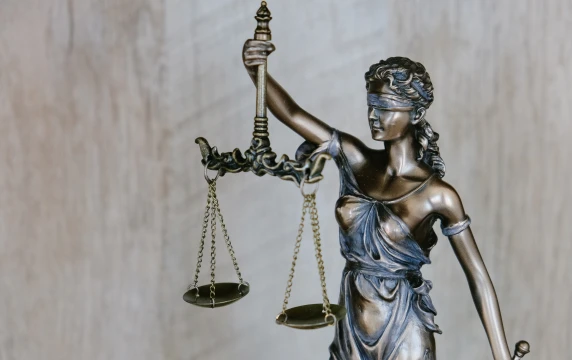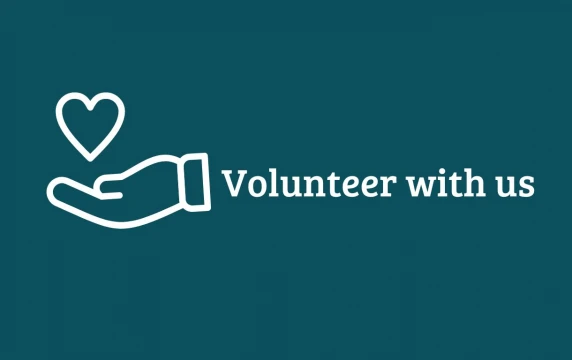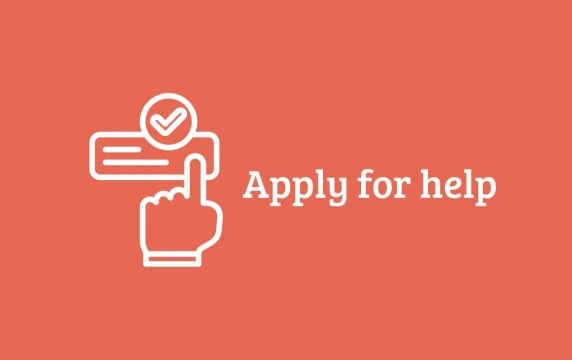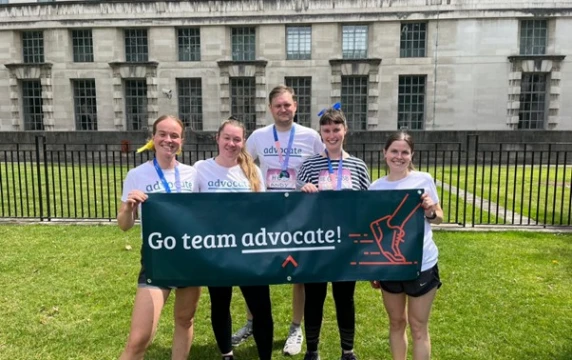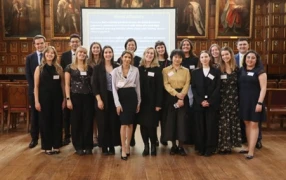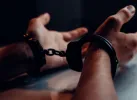Koffi was born in Ivory Coast but fled the country in 2011 after being persecuted, then imprisoned and tortured by government forces. He entered the UK in 2014 as a legal migrant on a year-long visa but didn’t know what to do when it expired as he did not understand the system. In 2016 he was arrested and taken to a detention centre where he was advised to make an asylum claim. The Home Office said that his account of being persecuted and having to flee was not credible and it was refused. Koffi said: “It was horrible because I was just telling my story and they didn’t believe it. Then afterwards they threatened to deport me.”
In the meantime, Koffi had begun a relationship with Susan, a British citizen, and he moved in with her and her family in 2015. He helped her to care for her son who suffers from severe health problems and who is reliant on her for support, often having to be attended by medics and admitted to hospital. Susan sponsored Koffi through further failed asylum claims and eventually, desperate to be allowed to stay together in the UK and having become fully integrated into her family and their local community, he made a human rights application to stay on the basis of their relationship.
In an appeal to the upper tribunal, Koffi argued that the medical evidence of his mental health difficulties had not been considered at all. He said: “The first-tier judge didn’t look at the evidence and told me that I could just continue my relationship in another country, despite it being really dangerous for me to return to Ivory Coast.” The judge agreed and Koffi’s case was sent back to the first-tier tribunal to be reheard.
While Koffi had had solicitors and some legal aid to help with the early applications, he eventually spent all his savings and ran out of money as he was not entitled to work in the UK due to his immigration status. Advocate was recommended to Koffi by Refugee Support Devon who had been helping the family, and Sandra Akinbolu from the 36 Group kindly offered to help with his new hearing.
Koffi said that Sandra was “like an angel being sent to help” and that she was always available to them for messages and support. Koffi suffers from post-traumatic stress disorder as a result of things he suffered in Ivory Coast, which necessitate both medication and psychological support. However, the first-tier judge’s decision turned on the profoundly detrimental effect that Susan having to leave the UK in order to be with Koffi elsewhere, would have on her adult son. She provides a significant amount of care for him on a daily basis and forcing her to choose between staying in the UK for him and leaving to be with Koffi meant she met the test of “very serious hardship”.
Barrister Sandra Akinbolu said: “Koffi and his partner have had their life on hold for the last two and a half years, whilst this appeal was ongoing. He has not been able to work, they have not travelled, and they have not been able to make plans. His mental health has deteriorated quite severely during that time. When they lost the first appeal, they felt no one was listening to them - the Judge had missed vital information.
When I spoke to them after they received the positive decision, both were in tears - they spoke specifically of being able to plan for the future for the first time in years. They felt that they had been heard, and that they were not abandoned. In my view, the impact of that support on their wellbeing, and that of their family, is huge. I am delighted to have been a part of that.”
Koffi said: “Sandra spoke for us but we were still scared because we had been fighting for six years. So when we won, we were really happy. We had been through so much; waiting for this for such a long time. We couldn’t thank her enough. Now I can try to get a job, go back into education and live some kind of normal life, which hasn’t been possible for so many years.”

